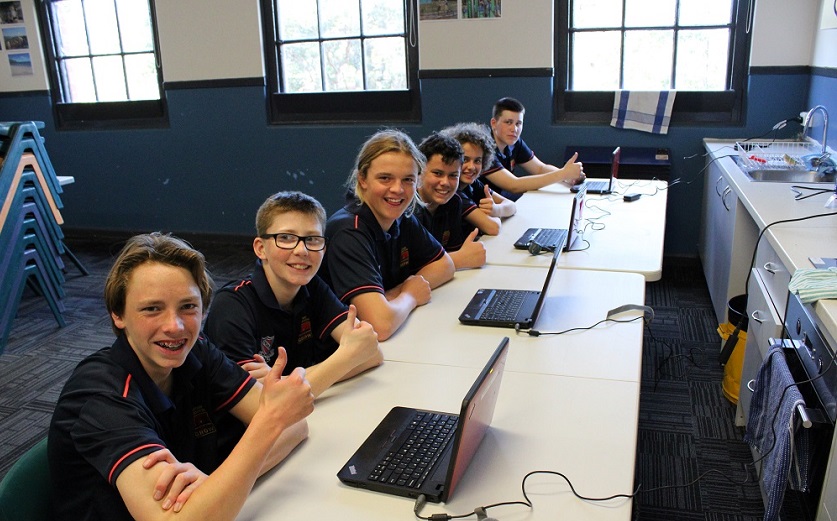 Until relatively recently, it was considered rude to talk about money in polite society.
Until relatively recently, it was considered rude to talk about money in polite society.
Perhaps it was the way the conversation was framed, but today it’s important that we empower people to discuss the fundamentals of financial matters, which has consequences that reach far beyond your bank balance.
Research commissioned by Greater Bank and conducted by the University of Newcastle in 2021 found that financial wellbeing – the contentment or happiness we feel in relation to the state of our personal finances – is an important component of our general life satisfaction.
The study’s key elements of financial wellbeing are financial literacy, planning how to use your money wisely, and making good financial decisions.
Analysis of survey responses found that people who experience higher levels of financial wellbeing generally have higher levels of financial literacy, make prudent financial decisions and prepare financial plans and targets for the future. Since financial wellbeing is an important part of general life satisfaction, this means that improving financial literacy can deliver benefits that extend beyond the financial realm.
These are among the reasons that Greater Bank has invested in financial literacy programs through a partnership with the University of Newcastle. We’ve always recognised that educating people on ways to better manage their money is important. Now we have the evidence to back up that belief.
Since 2019, the Greater Bank Finance Academy’s Fundamentals of Financial Literacy Program has been operating in schools across the Hunter and Central Coast, offering a short-course focused on informed financial-decision making.
Importantly, the program is designed to target young people who currently have the lowest levels of financial literacy (35%) and financial satisfaction (5.7/10) across all age groups.
The financial literacy program is integrated into various subjects across the Year 9 and 10 curricula, covering topics such as managing money, reducing debt and implementing simple saving strategies as a way of teaching students how to make informed financial decisions. The program is also offered online and on-demand, providing schools and students with access to a range of free resources.
Greater Bank Head of Marketing, Ingrid Kaczor, said the research now shows there is a much broader potential benefit.
“We are encouraging more people – from schools and the wider community – to get involved and reap the rewards greater financial wellbeing can bring,” Ingrid said.
“We want all our customers to be better informed about their financial responsibilities, particularly as we continue to move towards a cashless society. It’s why we saw this as an important program to develop in conjunction with the University of Newcastle."
Ingrid Kaczor, Greater Bank Head of Marketing and Customer Experience
“Students who have taken part have really enjoyed the content and they’ve told us how their relationship with money has changed in a positive way as a result of participating in the program.
“We also know the program has the potential to benefit anyone who would like to improve their financial literacy, financial planning and behaviours, so this information is now available online and through community education sessions.”
So, let’s talk about money. Your entire life could be better because of it.
High schools interested in taking part in the program are asked to register their interest by emailing FinanceAcademy@newcastle.edu.au

